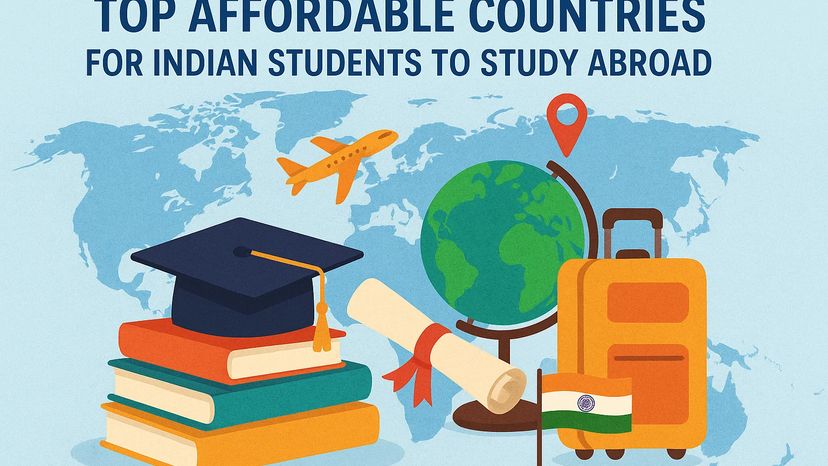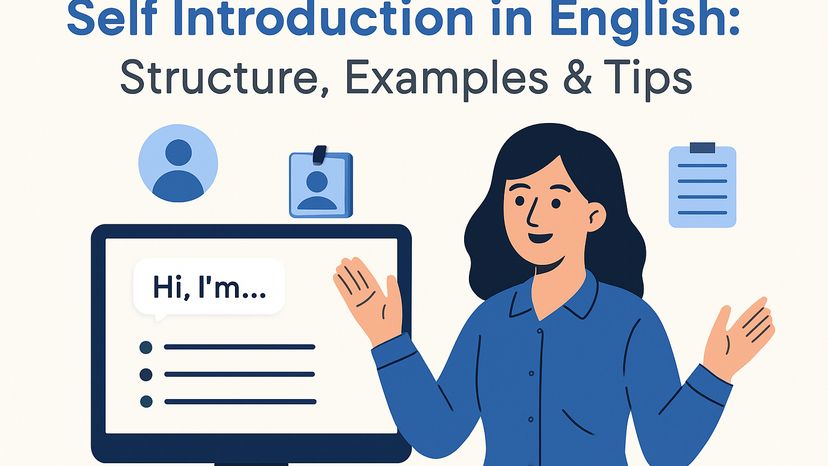Within tertiary education, students have the choice to study domestically or study abroad. This choice affects academics along with concerns that impact lifestyle choices, employment opportunities, financial issues, and their experience of learning as a person. Some students are looking for a global perspective and excitement by studying overseas guide , while others find comfort, cultural reference, cost, and local opportunity. Both decisions have advantages and disadvantages, and often it can be a challenging decision to make, let alone an educated decision due to the considerations of the decision.
If you're stuck and straddling the large decision, don't worry! You're not alone! There are thousands of students every year working through the pros and cons study abroad process before they leave. It does not matter if you want a money-conscious degree or you have your sights set on world-class research opportunities; understanding both sides of the options available to you will give you the knowledge to make your best choice, based on your personal and career objectives!
The Comparison: India vs Abroad Education
In India vs abroad education, both offer several strengths and weaknesses.
- India provides a variety of programs, affordable tuition, and good industry partnerships, particularly in engineering, management and IT.
- You can access this option through Infigon Futures counselling to help you align with your study and career path. By being engaged in international education, students might also benefit by having the infrastructure to form international networks, access new research and research environments, and different work environments.
Ultimately, your decision-making will be driven by the value of that which you are considering, your own values, affordability, quality, living arrangements, or career goals. For students who want to reduce their option selection, consider what benefits they would gain from personal consultation.
Important Factors to decide before Making Your Decision
1. Academic Qualities and Curriculum
A significant difference in studying abroad decisions exists primarily because of a varying approach to teaching; abroad, there and many opportunities for academic and practical learning, research, and independent thinking, while in India, options tend to be more theory-based. While theoretically focused education is not receiving as much emphasis in more recent years in India, creative and new ways of learning have prompted a shift in the way students can learn.
2. Financial Commitment
The cost of a foreign education is often considered to be much more than tuition fees in India, and the cost of living in terms of accommodation/ housing substantially increases the price of studying abroad. Certainly, scholarships and opportunities to be employed part-time while studying will help to mitigate those costs. If you're even in doubt about whether or not you are financially ready for this decision, and what your financial strengths are, it would be advisable to consider taking a psychometric test to identify your strengths and consideration of additional study options.
3. Career Opportunities
Employers value both India vs foreign degree options, your degree may only have a few more opportunities for a more global employment work environment. That said, the experience of studying in the Indian education system connects you to local India-based industries and networks within.
Benefits of abroad studies
Studying abroad can be a great experience:
- Exposure to numerous cultures and different approaches to life
- Learning new languages
- More access to state-of-the-art research and other facilities
- Increased global employability
As an example, if you were a business major and you were able to study in many of the world's top universities, your list of exposure would be beyond other students' experiences. You can also check out the best places to study abroad as a business major if you want to find an experience that aligns with your goals.
Pros and cons study abroad vs India
Pros associated with studying abroad:
- International experience and diverse cultural exposure
- Opportunity for higher salaries abroad in the global job market
- More academic and research facilities
Cons associated with studying abroad:
- Tuition and living expenses are often high
- Cultural adjustment can be difficult
- Living great distances away from family and support systems
Benefits of studying in India:
- Tuition and living expenses are generally affordable
- In a familiar culture with a support system
- Solid labour market opportunities with ties to local institutions
Drawbacks of studying in India:
- Limited international exposure
- Competitive process to enter top universities
- Limited access to different global research facilities
You could also check out study abroad certification programs if you want international experience but do not want to pursue a full program abroad.
Making the Right Decision
If you're still having doubts about should I study abroad is the right decision for you, or whether you should instead take a chance and remain in India, then take some time and consider a couple of points made below:
- Your career ambitions
- Your financial situation
- Your willingness to adapt to culture
- Your long-term plans
Some students contrast overseas vs India education in terms of lifestyle. Think about where you would thrive academically and personally. Having a conversation with experts through Infigon Futures counsellors can ease the final decision and give you more information.
Frequently Asked Questions
Q1. Is it worthwhile to study abroad for an undergraduate degree?
A. Yes, it is worth it (if you are sure about studying abroad and its international experience, global and state-of-the-art facilities, and access to international networking) but you need to consider any financial ramifications.
Q2. What's the biggest difference in terms of degree value India vs foreign?
A. Both have value. However, being an international degree can provide a wider degree of value recognition in the world. Indian degrees have strong value as well, locally and in some international sectors.
Q3. How do I make the call for either abroad or studying in India?
A. You should first assess your financial situation, then your career ambitions and adaptability and development. You might also qualify to consult a professional career counselor for clarification.
Q4. What are some of the career pros of studying abroad?
A. The pros of studying abroad might include easier opportunities for global employment, new and culturally changing experiences, learning better through varied learning approaches, and better communication abilities.
Q5. How do I figure out if I can afford the costs of studying abroad?
Ans. You will need to make a rough budget for tuition, living expenses, and scholarships to assess your affordability. It might also be good to think about potential employment to support you while you study abroad.











